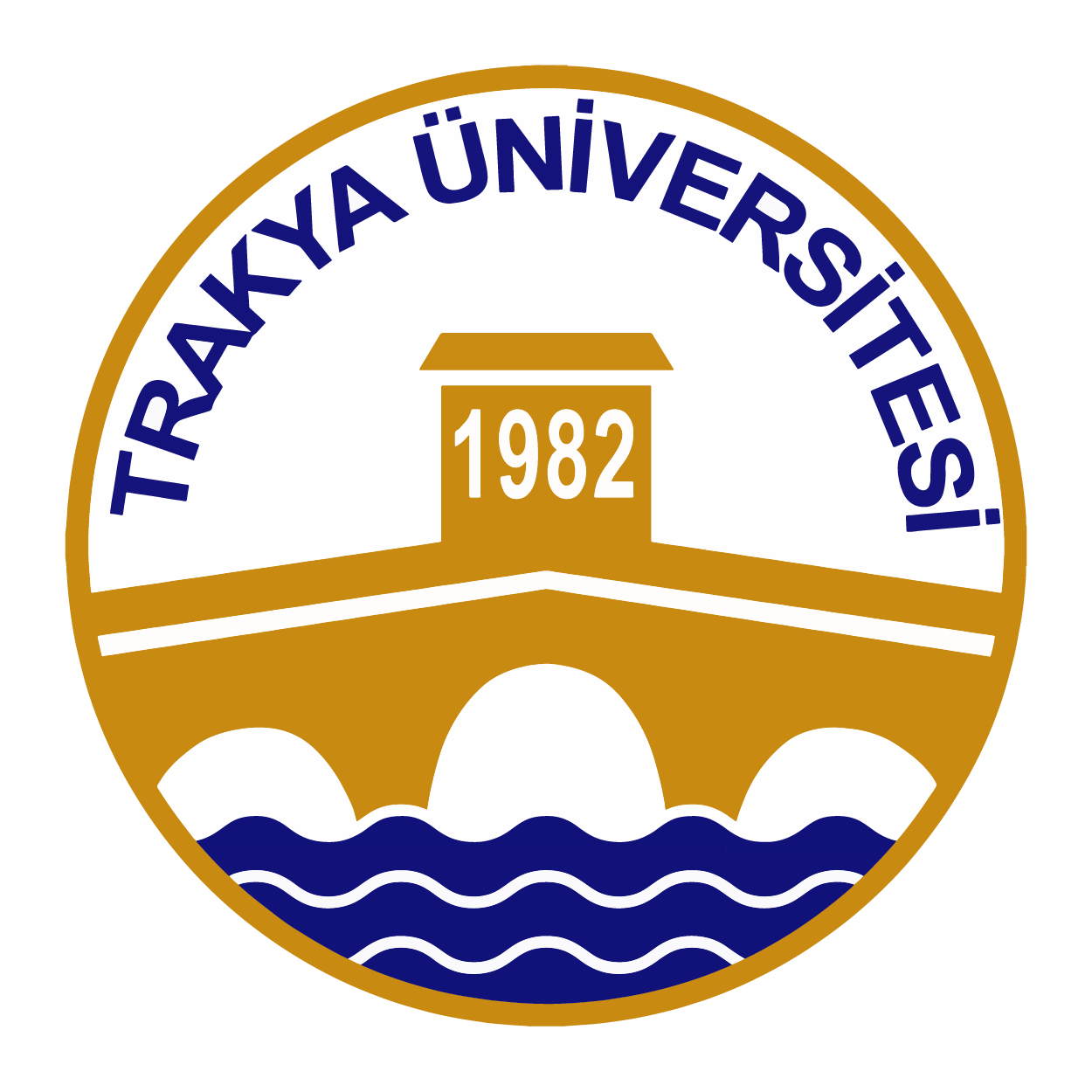ABSTRACT
Child education is a critical topic that warrants meticulous consideration. The physical and psychological well-being of a child signifies that society is established on robust foundations. Consequently, following familial influence, education in schools serves as a crucial foundation for future planning. The books and curriculum employed in the educational process are fundamental to the development of both the individual and society. The book Meşrutiyette Terbiye-i Etfal (Child Education in Constitutional Monarchy), which is the subject of this article, must also be analyzed within this framework. Authored in 1911 [1327] by Şahabettin Süleyman and Mehmet Fuat Köprülü, the book was intended for instruction in the first grade of high schools. This period marked the ascendance of the Union and Progress Party’s prominence inside the government, along with a resurgence of nationalist sentiments. Following the Balkan Wars of 1912, this awakening would intensify, and nationalization policies would become apparent. Published in 1911, this book focuses on the development of an “acceptable” citizen, but not at this juncture. This book requires analysis to comprehend the early phases of the Second Constitutional Monarchy, to identify the transformations resulting from the Balkan Wars, and to uncover the policies that would persist throughout the Republican era. The present article reviewed the textbook titled Meşrutiyette Terbiye-i Etfal, which has not been studied before and has not been transliterated into Latin letters, and thus analyzed what kind of a student/citizen is tried to be raised through the information the book tries to give/transfer and the stories and poems it uses.



